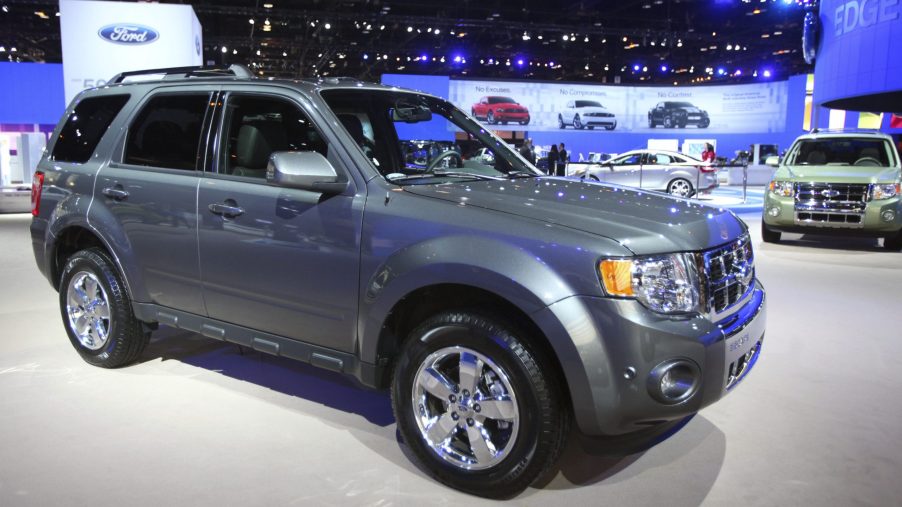
Overheat, Fail, Fire: Big Ford EcoBoost Class-Action Lawsuit
A big class-action lawsuit has been filed against Ford Motor company over its EcoBoost engine. Taking in cars produced from 2013 to 2019 it alleges engine coolant is leaking into cylinders. This is in addition to an Arkansas lawsuit already filed. That includes both owners and lessees of both Ford and Lincoln cars and trucks with EcoBoost engines. It alleges the defects result in the engine’s tendency to overheat, fail, and catch on fire.
The lawsuit contends a bad EcoBoost engine head and engine block design, and leaky cylinder head
The specific vehicles the lawsuit covers include EcoBoost-equipped 2013-2019 Ford Escape, 2015-2019 Ford Edge, 2017-2019 Lincoln MKC, and 2017-2019 Lincoln MKZ vehicles. And within those groups, it lakes in 1.5-liter, 1.6-liter, and 2.0-liter EcoBoost engines. The lawsuit contends that the EcoBoost engine issues involve the head and engine block design, and a leaky cylinder head seal.
Rather than coolant circulating from the engine to the radiator, the lawsuit contends it stays in the engine. Because it pools in the engine it is alleged it damages parts. This then results in engines overheating. Another contention is that engine parts prematurely wear down. It claims Ford has known about this issue since 2010.

Ford issued a recall saying the “engine cylinder head may overheat, crack, and leak oil”
Back in 2017, Ford issued a recall according to Carcomplaints. It said “certain 2014 Escape, 2014-2015 Fiesta ST, 2013-2014 Fusion, and 2013-2015 Transit Connect models with 1.6-liter EcoBoost engines had low coolant levels. The result it said was that the “engine cylinder head may overheat, crack, and leak oil.” The recall fix was for dealers to install coolant level sensors. This class-action lawsuit says that Ford “did not mention the risk of engine fires and failures.”
But the lawsuit says that “Ford was aware of 26 reports of underhood fires with a cracked cylinder head, including localized fires near the turbochargers. Ford is not aware of any reports of accident or injury related to this condition.” But the lawsuit explains that Ford “did not address the true source of the problem or fix the problem. It also did not encompass the full range of Vehicles affected by the defect. It did not apply to the 1.5L and 2.0L Ecoboost Engines with the same engine block design, which are made from the same materials, and likewise suffer from the Engine Defect. Likewise, it did not apply to all of the Vehicle models and model years with the defective Ecoboost Engines.”

The EcoBoost recall didn’t replace damaged engines nor reimburse customers
It goes on further to say that this recall didn’t include replacing damaged engines. Nor did it reimburse customers for expenses incurred. It says that the faulty EcoBoost engines have resulted in owners looking for warranty coverage but that the dealerships only install the coolant sensor. It alleges this doesn’t fix the problem.
The original Arkansas lawsuit has now been moved from the Western District of Alabama to the Eastern District of California. It is listed as Patricia Lund, vs. Ford Motor Company.



